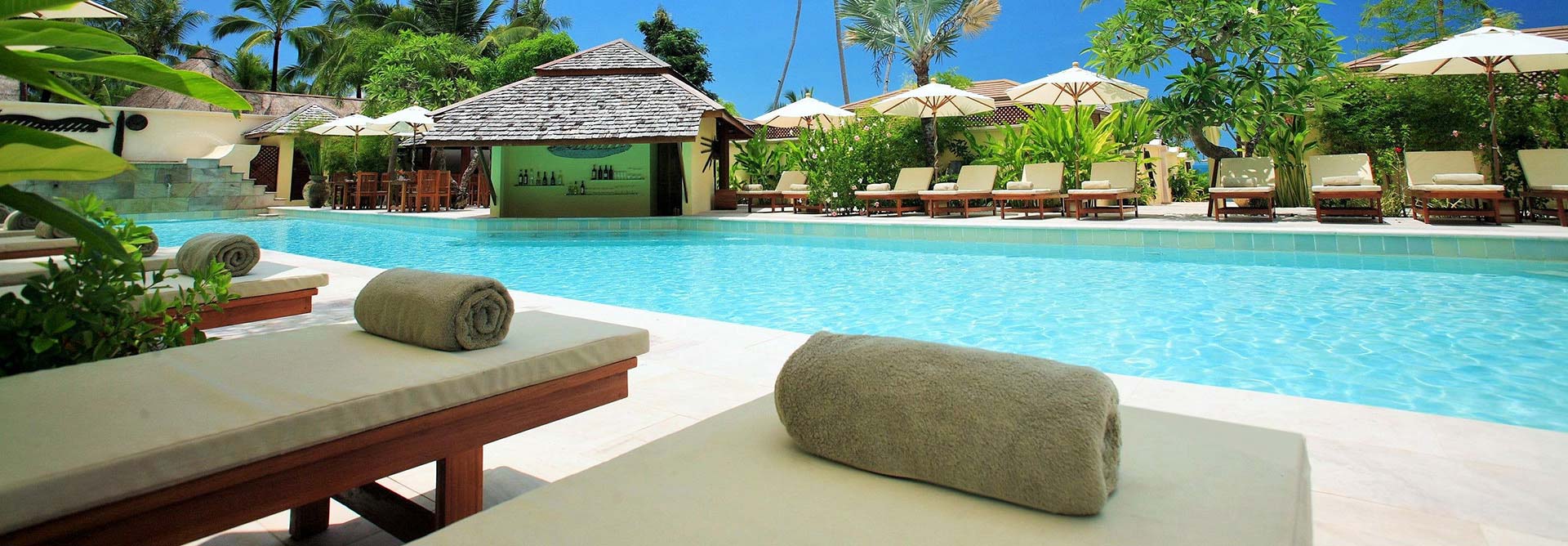
What is OCLIME®?

Organisation climate is a determinant of service quality, along with situational context of the service encounter and service predisposition of the hospitality provider. While hospitality establishments share traits as a part of an occupational community, each has its unique values, philosophies, beliefs, attitudes and norms that constitute its climate. OCLIME® provides a comprehensive view of your organisation's climate along a set of seven dimensions, and delineates aspects that are distinct from ‘occupational community culture’ of hospitality. Based on our proprietary framework ‘organisation climate in service situations’, OCLIME® outlines impact of organisational climate on service predispositions of employees, service goals of your organisation, and quality of customer facing processes.
Organisation climate determines service quality, along with situational context of the service encounter and service predisposition of the employee. Each hospitality establishment has its unique set of values, philosophies, beliefs, attitudes and norms that constitute its climate. Based on our proprietary framework ‘organisation climate in service situations’, OCLIME® provides a rich view of organisation climate along seven dimensions; delineates this view from ‘occupational community culture’; and outlines impact on service predisposition, service goals and customer facing processes.
Organisation climate determines service quality, along with situational context of the service encounter and service predisposition of the employee. Each hospitality establishment has its unique set of values, philosophies, beliefs, attitudes and norms that constitute its climate. Based on our proprietary framework ‘organisation climate in service situations’, OCLIME® provides a rich view of organisation climate along seven dimensions; delineates this view from ‘occupational community culture’; and outlines impact on service predisposition, service goals and customer facing processes.
Organisation climate determines service quality, along with situational context of the service encounter and service predisposition of the employee. Each hospitality establishment has its unique set of values, philosophies, beliefs, attitudes and norms that constitute its climate. Based on our proprietary framework ‘organisation climate in service situations’, OCLIME® provides a rich view of organisation climate along seven dimensions; delineates this view from ‘occupational community culture’; and outlines impact on service predisposition, service goals and customer facing processes.
Why worry about "organisation climate"? Why get OCLIME®?
Decades of research has established that organisation climate is the most critical determinant of service quality in the hospitality industry, ahead even of the service predisposition of the individual service provider. Moreover, organisation climate has been found to have a material influence on service predisposition of employees, by moderating attitudes and behaviour traits. In addition, organisation climate enables a stable pattern of social interaction behaviour during service encounters across employees and over time. Finally, organisation climate reflects on the quality of processes, particularly those that involve service encounters. Get OCLIME® if you believe that organisation climate is of prime importance in hospitality, and want to enrichen and strengthen the climate of your hospitality institution.
Decades of research has established that organisation climate is the most critical determinant of service quality in hospitality. Organisation climate has been found to influence service predisposition of employees, by moderating attitudes and behaviour traits. Organisation climate enables a stable pattern of social interaction behaviour during service encounters across employees and over time. Finally, organisation climate impacts customer-facing processes. Get OCLIME® if you believe in the central role of organisation climate in hospitality, and want to strengthen your organisation climate.
Decades of research has established that organisation climate is the most critical determinant of service quality in hospitality. Organisation climate has been found to influence service predisposition of employees, by moderating attitudes and behaviour traits. Organisation climate enables a stable pattern of social interaction behaviour during service encounters across employees and over time. Finally, organisation climate impacts customer-facing processes. Get OCLIME® if you believe in the central role of organisation climate in hospitality, and want to strengthen your organisation climate.
Decades of research has established that organisation climate is the most critical determinant of service quality in hospitality. Organisation climate has been found to influence service predisposition of employees, by moderating attitudes and behaviour traits. Organisation climate enables a stable pattern of social interaction behaviour during service encounters across employees and over time. Finally, organisation climate impacts customer-facing processes. Get OCLIME® if you believe in the central role of organisation climate in hospitality, and want to strengthen your organisation climate.
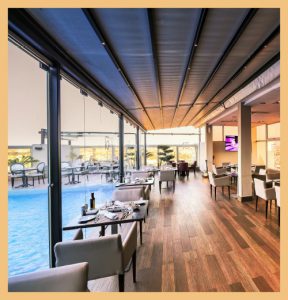
Who will benefit from OCLIME®?

The benefits of OCLIME® accrue to a wide range of stakeholders. Customer guests benefit from more consistent and more positive service encounters that can add up to pleasant, and even memorable, experiences. Frontline employees benefit from clearer direction on foundational values and beliefs, and enhance their skills through moderating effects on their service predisposition. The managerial and supervisory cadres benefit from greater control on employee performance and service behaviour. A pronounced organisation climate will no doubt bring about alignment on core beliefs, attitudes and behaviours; and this is of great value to the leadership. Finally, and most notably, the hospitality institution benefits from consequent improvements in service quality, customer retention, employee satisfaction and reputation.
OCLIME® benefits a wide range of stakeholders related to the hospitality establishment. Customers benefit from more consistent and positive service encounters that add up to pleasant memorable experiences. Frontline employees benefit from clearer direction on foundational values and beliefs, and are able to enhance their service predisposition. Managers benefit from greater control on employee performance and service behaviour. Leadership benefits from the resultant alignment on core beliefs, attitudes and behaviours. The hospitality institution benefits from improved service quality, customer retention and employee satisfaction.
OCLIME® benefits a wide range of stakeholders related to the hospitality establishment. Customers benefit from more consistent and positive service encounters that add up to pleasant memorable experiences. Frontline employees benefit from clearer direction on foundational values and beliefs, and are able to enhance their service predisposition. Managers benefit from greater control on employee performance and service behaviour. Leadership benefits from the resultant alignment on core beliefs, attitudes and behaviours. The hospitality institution benefits from improved service quality, customer retention and employee satisfaction.
OCLIME® benefits a wide range of stakeholders related to the hospitality establishment. Customers benefit from more consistent and positive service encounters that add up to pleasant memorable experiences. Frontline employees benefit from clearer direction on foundational values and beliefs, and are able to enhance their service predisposition. Managers benefit from greater control on employee performance and service behaviour. Leadership benefits from the resultant alignment on core beliefs, attitudes and behaviours. The hospitality institution benefits from improved service quality, customer retention and employee satisfaction.
Where (in which settings) should you get OCLIME®?
Get OCLIME® for your organisation if you are facing any of the following five predicaments. First is ‘predicament of behavioural inconsistency’ – when managers are not able to bring about stable and consistent pattern of behaviours during service encounters and while reacting to customer needs. Second is ‘predicament of values gap’ – when organisation has not yet decided on its few foundational values and beliefs. Third is ‘predicament of nonalignment’ – when foundational values exist but organisation is not aligned, due to either poor awareness or poor counselling. Fourth is ‘predicament of value proposition’ – when your employee value proposition is overly dependent on financial benefits. Fifth is ‘predicament of average reputation’ – when the customer community fails to recognise the specialness of your institution.
Get OCLIME® when faced with any of the following five predicaments. First, ‘behavioural inconsistency’ – when managers are not able to bring about stable consistent patterns of behaviours during service encounters with their customer "guests". Second, ‘values gap’ – when organisation has gaps in foundational values and beliefs. Third, ‘nonalignment’ – when values exist, but suffer from poor awareness. Fourth, ‘value proposition’ – when employee value proposition is overly dependent on financial benefits. Fifth, ‘average reputation’ – when customer community fails to recognise your institution’s specialness.
Get OCLIME® when faced with any of the following five predicaments. First, ‘behavioural inconsistency’ – when managers are not able to bring about stable consistent patterns of behaviours during service encounters with their customer "guests". Second, ‘values gap’ – when organisation has gaps in foundational values and beliefs. Third, ‘nonalignment’ – when values exist, but suffer from poor awareness. Fourth, ‘value proposition’ – when employee value proposition is overly dependent on financial benefits. Fifth, ‘average reputation’ – when customer community fails to recognise your institution’s specialness.
Get OCLIME® when faced with any of the following five predicaments. First, ‘behavioural inconsistency’ – when managers are not able to bring about stable consistent patterns of behaviours during service encounters with their customer "guests". Second, ‘values gap’ – when organisation has gaps in foundational values and beliefs. Third, ‘nonalignment’ – when values exist, but suffer from poor awareness. Fourth, ‘value proposition’ – when employee value proposition is overly dependent on financial benefits. Fifth, ‘average reputation’ – when customer community fails to recognise your institution’s specialness.
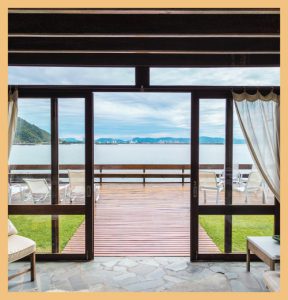
How does OCLIME® work?

OCLIME® is used by hospitality organisations annually. However, for institutions undergoing major change efforts, the usage tends to be more frequent. The four stages of ‘installation’, ‘engagement’, ‘analysis’ and ‘dissemination’ take place over ten to twelve weeks. During installation, the leadership makes available existing documentation on aspects of climate such as shared values and beliefs; identifies respondents from the organisation; and may choose to select specific dimensions of our organisation climate framework for emphasis. OCLIME® will then interact with the respondents through specialised survey tools, and analyse data in line with the aforementioned framework. Subsequently, the OCLIME® report, combining objective and subjective perspectives, will be made available to the organisation leadership.
OCLIME® is used by hospitality organisations annually. However, for major change efforts, usage tends to be more frequent. The four stages of ‘installation’, ‘engagement’, ‘analysis’ and ‘dissemination’ take place over ten weeks. To install, you will provide documentation on aspects of your organisation climate such as shared values and beliefs; identify respondents; and may select specific dimensions of our organisation climate framework for emphasis. OCLIME® will then interact with the respondents and analyse the responses, leading on to the final output that will combine objective and subjective perspectives.
OCLIME® is used by hospitality organisations annually. However, for major change efforts, usage tends to be more frequent. The four stages of ‘installation’, ‘engagement’, ‘analysis’ and ‘dissemination’ take place over ten weeks. To install, you will provide documentation on aspects of your organisation climate such as shared values and beliefs; identify respondents; and may select specific dimensions of our organisation climate framework for emphasis. OCLIME® will then interact with the respondents and analyse the responses, leading on to the final output that will combine objective and subjective perspectives.
OCLIME® is used by hospitality organisations annually. However, for major change efforts, usage tends to be more frequent. The four stages of ‘installation’, ‘engagement’, ‘analysis’ and ‘dissemination’ take place over ten weeks. To install, you will provide documentation on aspects of your organisation climate such as shared values and beliefs; identify respondents; and may select specific dimensions of our organisation climate framework for emphasis. OCLIME® will then interact with the respondents and analyse the responses, leading on to the final output that will combine objective and subjective perspectives.
When during the financial year should you get OCLIME®?
OCLIME® requires ten to twelve weeks to go through the ‘installing’, ‘engaging’, ‘analysing’ and ‘disseminating’ phases. The goals of the product and the nature of issues investigated have no major implications on timing of usage. In other words, there is no stringent and obvious alignment with the organisation’s annual calendar of tactical interventions. However, OCLIME® output will have implications on strategic issues in human resources, such as on employee value proposition, motivational strategies, and development approaches. Hence, though not mandatory, you could time OCLIME® usage to precede people-related decisions that go beyond the yearly timeframe. For organisations going through change efforts, we recommend usage three times a year, in order to get a dynamic view of progress or stagnation.
The goals of OCLIME® and the nature of issues investigated have no major linkages with the organisation’s calendar of operating processes and tactical interventions. However, OCLIME® output will have implications on strategic issues in human resources, such as on employee value proposition, motivational strategies, and development approaches. Hence, though not mandatory, you could time OCLIME® usage to synchronise with people-related decisions. For organisations going through change efforts, we recommend usage three times a year, to get a dynamic view of progress or stagnation of the organisation climate.
The goals of OCLIME® and the nature of issues investigated have no major linkages with the organisation’s calendar of operating processes and tactical interventions. However, OCLIME® output will have implications on strategic issues in human resources, such as on employee value proposition, motivational strategies, and development approaches. Hence, though not mandatory, you could time OCLIME® usage to synchronise with people-related decisions. For organisations going through change efforts, we recommend usage three times a year, to get a dynamic view of progress or stagnation of the organisation climate.
The goals of OCLIME® and the nature of issues investigated have no major linkages with the organisation’s calendar of operating processes and tactical interventions. However, OCLIME® output will have implications on strategic issues in human resources, such as on employee value proposition, motivational strategies, and development approaches. Hence, though not mandatory, you could time OCLIME® usage to synchronise with people-related decisions. For organisations going through change efforts, we recommend usage three times a year, to get a dynamic view of progress or stagnation of the organisation climate.
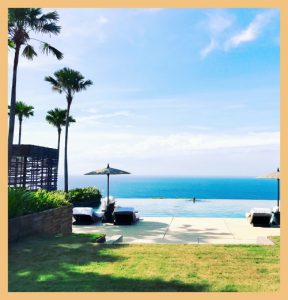
© Copyright 2019 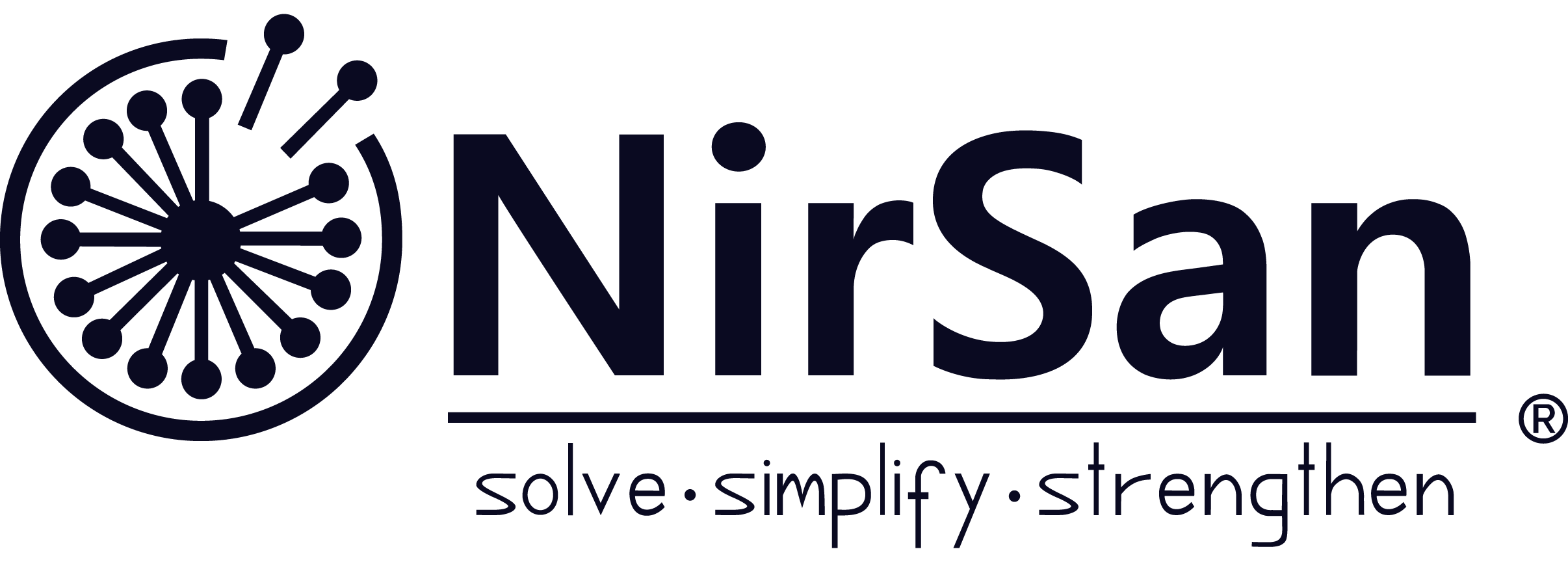 All rights reserved.
All rights reserved.
© Copyright 2019  All rights reserved.
All rights reserved.
© Copyright 2019  All rights reserved.
All rights reserved.
© Copyright 2019  All rights reserved.
All rights reserved.
